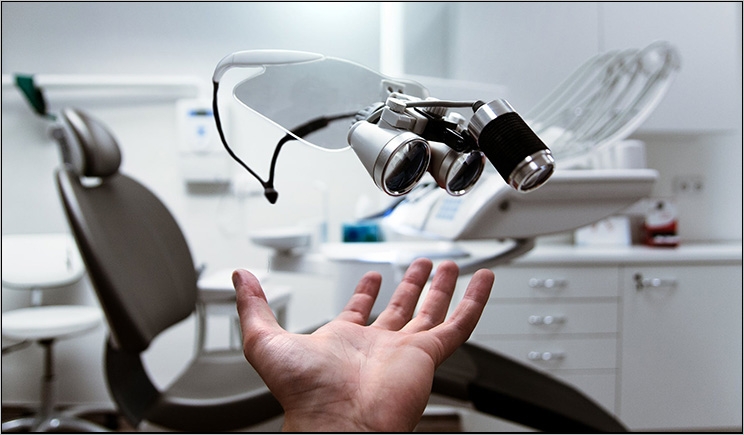
Starting a dental practice can be a costly endeavor. But if you’re an entrepreneurial professional itching to launch your own business, don’t let the costs steer you away from your dream.
Planning with your eyes wide open can help minimize the likelihood of financial surprises. This article will cover both the obvious and the not so obvious costs that you should consider. We also recommend meeting with a financial planner or lender to help you determine an accurate estimate of your costs and discuss how to fund them.
The Obvious Cost
Whether you buy or lease your practice location, you’re going to have some large expenses right off the bat, and there’s likely going to be a lag time before your practice starts generating revenue. Here are the primary costs:
- Lease & Renovations: You’ll likely either have a significant down payment or be required to provide several months’ rent and a security deposit up front. If you don’t find a space that’s already configured for a dental practice, you will probably need to make some renovations to get the space ready.
- Dental Equipment: From diagnostic machines to basic supplies, there’s a lot of equipment your practice needs to get off the ground.
- Staffing: Finding and hiring the right staff for your practice is a serious time investment. It often is a big financial investment as well. Not only do you need to budget for salaries and/or hourly pay, but you also need to consider the costs of insurance and other benefits.
- Marketing: Your practice probably isn’t going to just magically attract new patients. You’ll need to advertise your services and let your community know your doors are open. Marketing is a scalable investment, so you can start small and beef up the budget when you need a boost.
- Operational Costs: Between utility bills, insurance costs, and staff salaries, simply keeping the doors open at your new medical practice can be costly.
The Not So Obvious Costs
Even the best budgeters may overlook some often forgotten or overlooked costs that come along with running your own practice. These include:
- Self-Employment Taxes: When you own a practice, you’re not just the dentist. You’re the CEO of your business. That means you’re responsible for taking taxes out of your own paycheck, including Social Security and Medicare taxes. You may find that your tax rate is higher than it was when you worked for someone else since you’re now missing out on employer contributions. Typically, as a self-employed practitioner, you will need to make large lump-sum quarterly payments toward your estimated tax burden for the year.
- Health Insurance: You probably spend a lot of time dealing with insurance administrators for your patients. But are you neglecting your own healthcare needs? When you’re self-employed, you’ll need to purchase your own healthcare plan and pay monthly premiums. You may also want to create a health savings account or flexible spending account to budget for additional costs.
- Vacation Time: When you work for yourself, you need to plan ahead and budget for some time off to prevent burnout. This may mean closing the doors to your practice for a week during the summer or handing off emergency cases to a partner. Either way, your income will likely take a hit.
- Retirement: Planning for retirement may be the furthest thing from your mind when you start a private practice, but it’s important to begin saving early in your career. Consider setting up a simplified employee pension IRA or another retirement plan that meets your needs. Even small contributions early can add up and make it possible for you to retire when you’re ready.
- Repairs and Maintenance: Even if you budget for yearly maintenance on your equipment and have an emergency fund for repairs, it can be tough to cover all of your bases. We all have those months where everything goes wrong, and in your practice, this can translate to malfunctioning equipment, electrical issues, and a broken window from a bad storm all in the same month.
Planning for Success
To fund your practice, you’ll likely need to turn to a working capital business loan or a business line of credit. A good rule of thumb is to keep your business expenses separate from your personal ones. Having a line between the two will benefit you in the long run.
The list of needs is long, but planning your finances ahead of time can help you achieve great returns on your investment. To be successful, a medical practice needs healthy cashflow. By anticipating the obvious and the hidden costs early in the process, you can budget more accurately to fund these necessities and enable your practice to stay afloat during the lag time between patient payments and insurance reimbursements.
Mr. Gruebele is senior vice president at Bankers Healthcare Group, the leading provider of financial solutions for healthcare professionals. Contact him directly at kgruebele@bhg-inc.com or visit the BHG website at bankershealthcaregroup.com.
Related Articles
Proactively Promote Preventive Care for Patients
Evolve or Become Extinct: Smart Equipment Investments Can Improve Your Practice
Taking the Mystery Out of Calculating Cashflow











